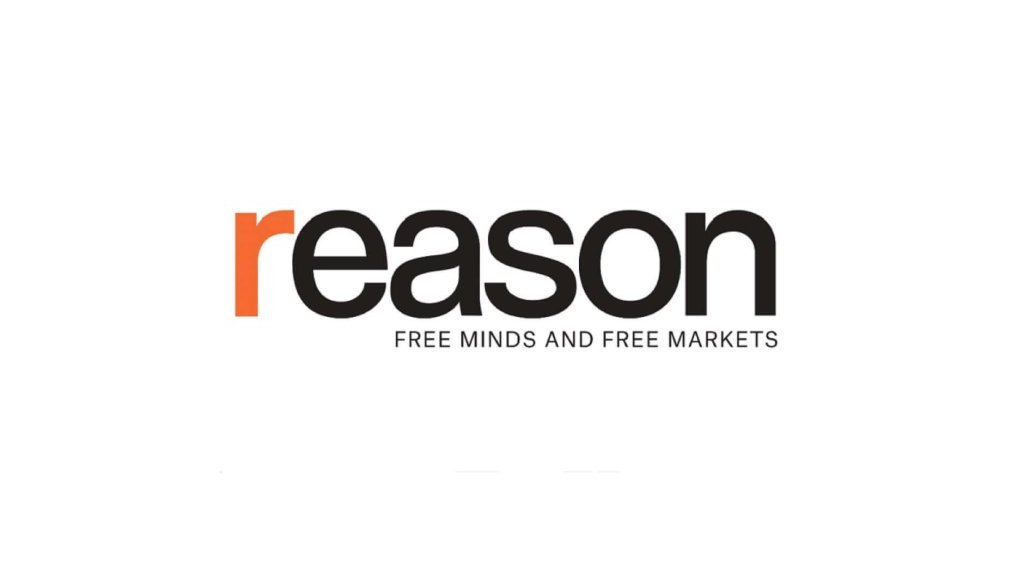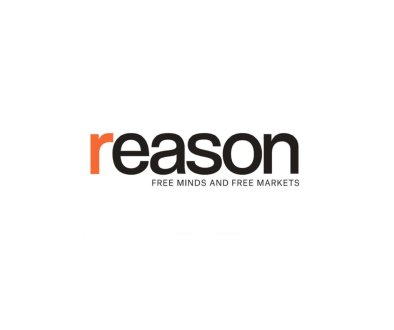California Enacts Sweeping Exemption to Development-Killing Environmental Law
Happy Tuesday, and welcome to the latest edition of Rent Free. This week’s newsletter includes stories on:
- The triumphant, albeit technical, return of missing middle housing in Arlington, Virginia
- New York’s Rent Guidelines Board allows a 3 percent rent increase.
- It’s not just Zohran Mamdani. In New York, everyone’s a socialist on housing.
But first, this week’s lead story is on California’s latest effort to reform its development-killing environmental review law.
California Enacts CEQA Reform as Part of Budget Bill
On Monday night, Gov. Gavin Newsom signed into law budget legislation that exempts urban housing projects from the California Environmental Quality Act (CEQA), the state environmental review law that has become notorious for delaying new development.
Under Assembly Bill 130, housing projects of fewer than 20 acres located in incorporated communities and unincorporated urban areas will generally no longer have to conduct environmental reviews required by the CEQA.
This wonky-sounding reform could amount to a major liberalization of housing construction, given just how burdensome CEQA’s procedural requirements can be.
“This is one of the biggest wins for housing in a generation,” said Brian Hanlon, CEO of California YIMBY, which sponsored some of the CEQA reforms that were rolled into the budget in an emailed statement.
At a press conference, Newsom hailed the housing provisions of the state budget as a win for the “abundance mindset” and a triumph of the YIMBY (“yes in my backyard”) movement dedicated to expanding housing production in the ultra-expensive Golden State.
“To the NIMBY movement that’s now being replaced by the YIMBY movement, go YIMBYs. Thank you for your abundant mindset.”
Newsom on signing infill housing bills tonight. pic.twitter.com/OJjihgT3RV
— Paul E Williams (@PEWilliams_) July 1, 2025
CEQA-mandated reviews can run hundreds of pages, even for something as simple as an apartment building or new subdivision, and take years to complete.
Given that CEQA allows third parties to sue over allegedly insufficient environmental reviews, projects can be delayed even more through lengthy litigation.
A 2022 study from the law firm Holland and Knight found that projects totaling half of California’s annual housing production were subject to CEQA litigation in 2020.
Because CEQA lawsuits are an effective tool for extracting concessions from developers, California’s interest groups, from labor unions to environmental groups, have been loath to support any weakening of the law.
Reforms to CEQA in recent years have thus tended to eat around the edges of the law, or otherwise been caveated with requirements that any CEQA exemptions be paired with union wage mandates and, in the case of housing projects, affordable housing mandates.
A.B. 130, in contrast, appears to be a pretty clean reform and mostly free from the usual poison pills.
Projects won’t need to include income-restricted affordable units in order to qualify for A.B. 130’s CEQA exemption. Union wage requirements will only apply to projects taller than 85 feet, 100 percent affordable projects, or projects of over 50 units in San Francisco.
Urban infill projects are defined broadly to be housing projects in incorporated areas and unincorporated urban lands. (Some coastal lands, historic sites, and environmentally sensitive areas like wetlands and fire zones are exc
Article from Reason.com

The Reason Magazine website is a go-to destination for libertarians seeking cogent analysis, investigative reporting, and thought-provoking commentary. Championing the principles of individual freedom, limited government, and free markets, the site offers a diverse range of articles, videos, and podcasts that challenge conventional wisdom and advocate for libertarian solutions. Whether you’re interested in politics, culture, or technology, Reason provides a unique lens that prioritizes liberty and rational discourse. It’s an essential resource for those who value critical thinking and nuanced debate in the pursuit of a freer society.




